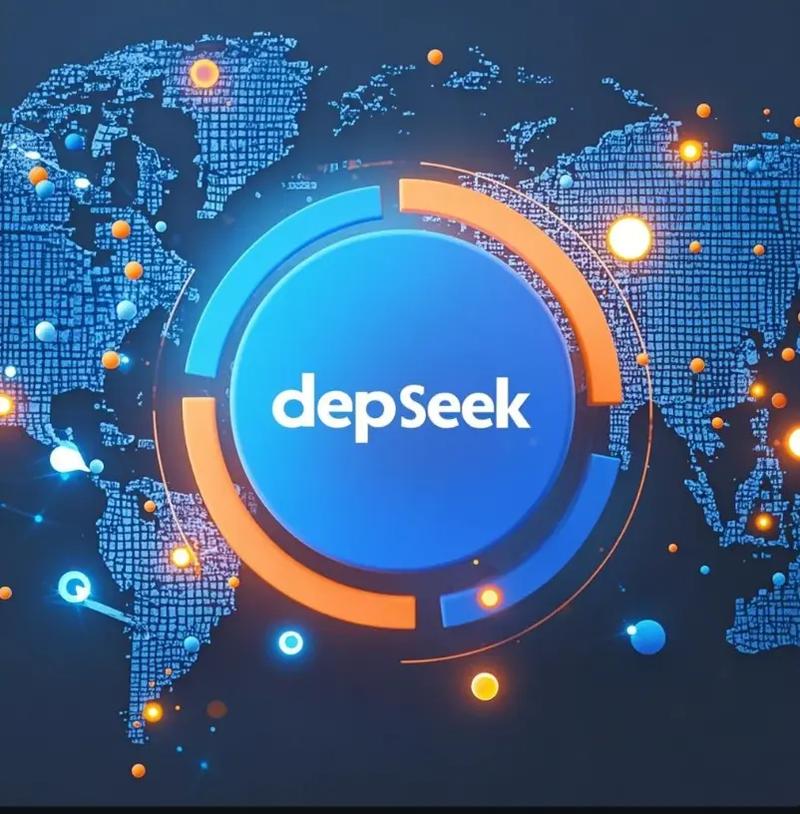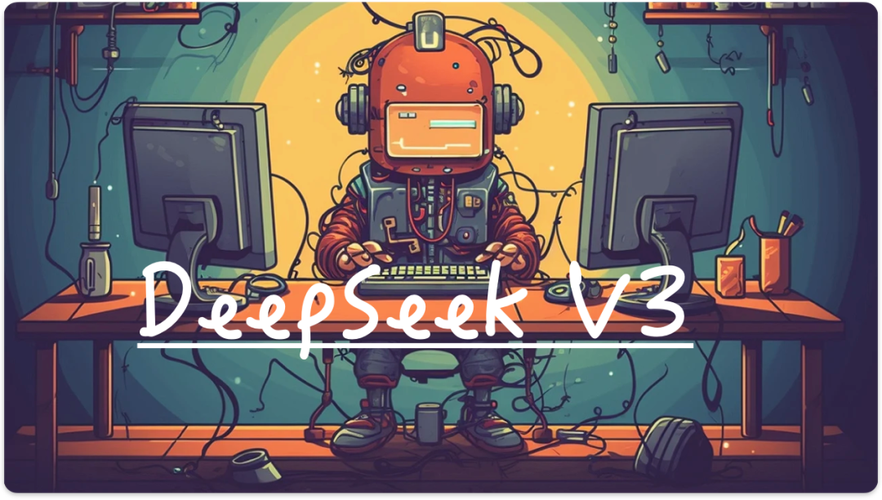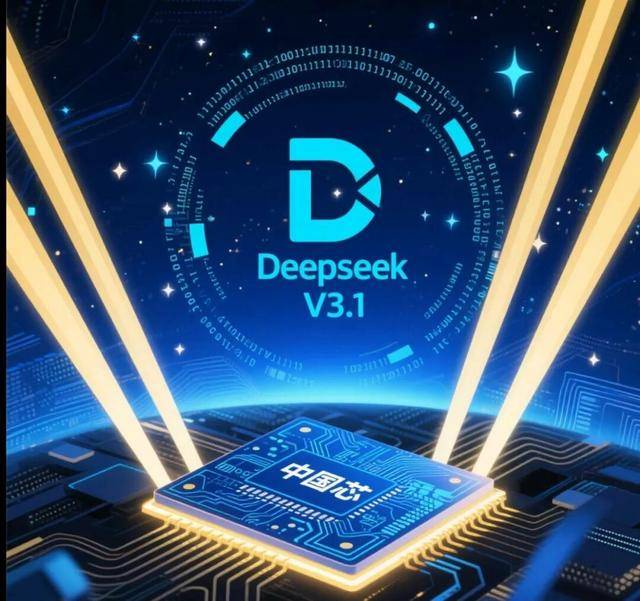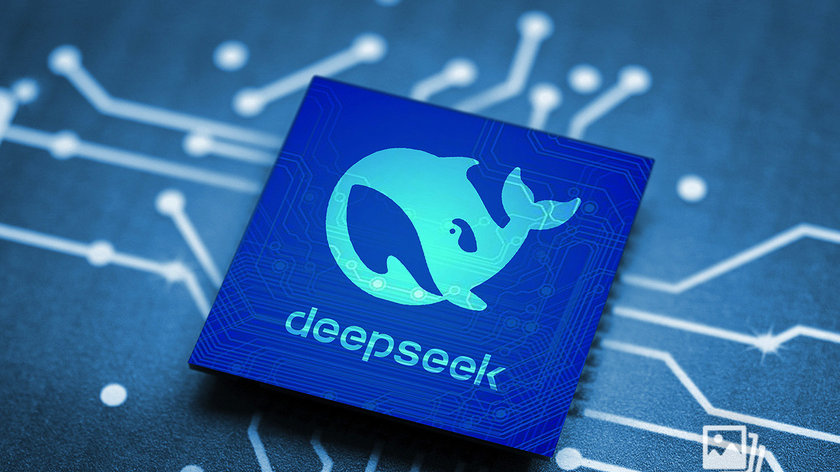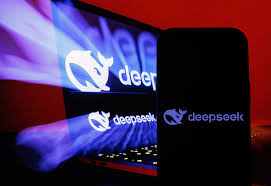💻 Personal Guide: Deploy DeepSeek R1 671B Locally (Full-Power API Setup)
1. Introduction: Why Run DeepSeek R1 Locally?
DeepSeek R1 is a 671‑billion‑parameter reasoning model released under an MIT license. While official APIs offer great performance, privacy concerns, API rate limits, and potential censorship can make a local deployment more appealing—especially for sensitive tasks or ensuring total control Medium+15WIRED+15snowkylin.github.io+15snowkylin.github.io+2DataCamp+2DEV Community+2.
Running DeepSeek R1 locally:
-
Delivers low-latency, offline inference
-
Preserves data privacy (no cloud interactions)
-
Bypasses external filtering or content controls
-
Enables server-grade deployment, including API wrappers and UI
This guide walks you through installing, quantizing, and serving DeepSeek-R1 on your machine or local server.
2. Hardware Requirements
While the full FP8 model (720 GB) demands extreme hardware (e.g., multi‑DGX systems) Medium+15snowkylin.github.io+15YouTube+15RedditWIREDDataCamp+1arXiv+1, quantized versions (like Unsloth’s 1.58‑bit ~131 GB GGUF) allow deployment with more attainable setups:
-
24 GB VRAM + 64 GB system RAM: Enables ~40 GPU layers offloaded snowkylin.github.io+2Reddit+2Unsloth 文档+2
-
162 GB disk storage
-
Multi‑GPU cluster recommended for full performance
If you don’t have this hardware, you can still run distilled variants (8B–32B) on modest machines via Ollama or llama.cpp DEV Community+15ollama.com+15snowkylin.github.io+15.
3. Choose Your Approach: llama.cpp vs Ollama vs Open WebUI
There are three main methods:
-
llama.cpp server – CLI for quantized models, Open WebUI integration DEV Community+3Reddit+3Unsloth 文档+3
-
Ollama – Simplified local model management + API DataCamp
-
Open WebUI – Browser-based chat interface in combination with llama.cpp Reddit+4Reddit+4Unsloth 文档+4
llama.cpp + Open WebUI – Detailed Steps
A. Install llama.cpp
bash git clone https://github.com/ggerganov/llama.cppcd llama.cpp make llama-server
B. Download Quantized Model (~131 GB)
python from huggingface_hub import snapshot_download snapshot_download( repo_id="unsloth/DeepSeek-R1-GGUF", local_dir="DeepSeek-R1-GGUF", allow_patterns=["*UD-IQ1_S*"] )
Results in files like:
.../DeepSeek‑R1‑UD‑IQ1_S‑00001‑of‑00003.gguf
C. Start the llama.cpp API
bash ./build/bin/llama-server \ --model /path/to/00001-of-00003.gguf \ --port 10000 --ctx-size 1024 --n-gpu-layers 40
Now the API is live at http://127.0.0.1:10000.
D. Connect Open WebUI
-
Install via
pip install open-webuior follow its docs -
In WebUI settings, add an OpenAI-compatible endpoint
-
URL:
http://127.0.0.1:10000/v1 -
No API key needed
-
-
That’s it—chat is ready
Ollama – Easy Mode
Ollama allows running models locally with minimal setup Medium+15ollama.com+15DEV Community+15.
bash brew install ollama # or Linux installerollama pull deepseek-r1 # pulls full 671B quantollama serve # starts background API
Then:
bash ollama run deepseek-r1 # interactive CLI
Ollama exposes an API (default http://127.0.0.1:11434) that Open WebUI or any OpenAI‑compatible client can use Reddit.
4. Quantization & Performance Tradeoffs
Use Unsloth’s quantized GGUF (1.58‑bit, 131 GB):
-
Delivers ~5 tokens/s on 24 GB GPU +128 GB RAM arXiv+6Unsloth 文档+6Reddit+6
-
Quant works across llama.cpp, Ollama, and Open WebUI
Academic benchmarks show 4‑bit quantization retains most reasoning quality, while Intel’s PRIMA.CPP system enables 70B-level inference across home clusters ollama.com+7Unsloth 文档+7Reddit+7snowkylin.github.io+2arXiv+2arXiv+2.
5. Testing & Validating
After starting the API:
bash
curl -X POST localhost:10000/v1/chat/completions \
-H "Content-Type: application/json" \
-d '{"model":"deepseek-r1","messages":[{"role":"user","content":"What is chain-of-thought reasoning?"}]}'
Or use ollama run deepseek-r1 for CLI chat Medium+10DataCamp+10ollama.com+10.
Expect logical, multi-step answers similar to GPT‑o1.
6. Building Your Personal Local API
Wrap llama.cpp or Ollama with a simple FastAPI:
python
from fastapi import FastAPIimport requests
app = FastAPI()
ENDPOINT = "http://127.0.0.1:10000/v1/chat/completions"@app.post("/chat")async def chat(prompt: str):
resp = requests.post(ENDPOINT, json={ "model": "deepseek-r1", "messages": [{"role":"user","content":prompt}]
}) return resp.json()
You now have your private, self-hosted DeepSeek R1 API.
7. Enhancing Your Setup
-
LangChain integration for RAG, tools, memory
-
Add vector DB (Chroma, FAISS) + embedder + retrieval chain
-
Open WebUI plugins: code execution, file uploads, image support
-
Logging to audit and debug AI responses
Tutorials exist for building Ollama + RAG + Gradio pipelines arXiv+7Reddit+7YouTube+7DataCamp+1DEV Community+1DeepLearning.AI.
8. Security & Censorship Considerations
-
Local model avoids external bias moderation, giving more true output
-
Monitor for offensive or unintended content
-
Use safety filters or guardrails as needed
9. Troubleshooting
| Issue | Solution |
|---|---|
| llama-server fails | Confirm GGUF path and ensure sufficient VRAM |
| Tokenization errors | Update llama.cpp to latest version |
| Model too slow |
Reduce n‑gpu‑layers, increase RAM, add swap
|
| Ollama issues |
Run ollama pull deepseek-r1 to update DataCamparXiv+2Reddit+2Unsloth 文档+2DEV CommunityarXiv+2arXiv+2Codecademy+2snowkylin.github.io+2ollama.com+2WIRED+2
|
10. Production Readiness
-
Host on a local server or on-prem GPU server
-
Add authentication, rate limits, logging
-
Containerize with Docker, expose API securely
-
Optionally use Edge Cloud GPU to scale inference
11. Final Words
You can now proudly run the full-power DeepSeek R1 671B locally:
-
Quantized GGUF allows feasible deployment even on single GPUs
-
Ollama and llama.cpp make setup fast and reliable
-
Connect built-in chat UI or personal API for private, reasoning-level agent
Whether you're protecting your data, avoiding bias, or desiring complete autonomy—this setup delivers GPT-level reasoning without external reliance.
For distilled model variants (8B–70B), Ollama offers even broader compatibility WIRED+12ollama.com+12snowkylin.github.io+12arXiv+1snowkylin.github.io+1Unsloth 文档+1arXiv+1.
If you'd like scripts, Dockerfiles, LangChain-based RAG pipelines, or a chat UI starter repo, just ask—and I’ll generate exactly what you need!

